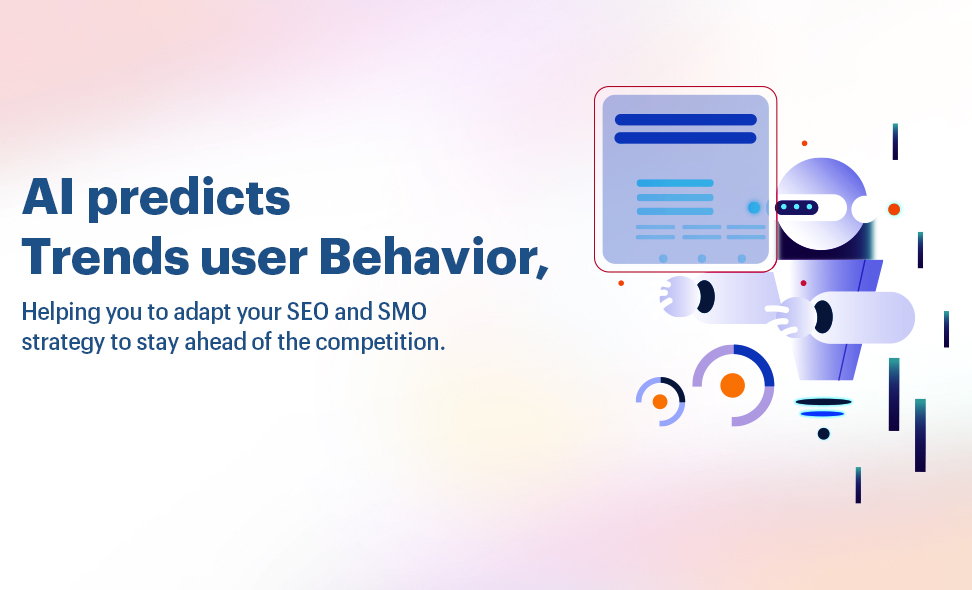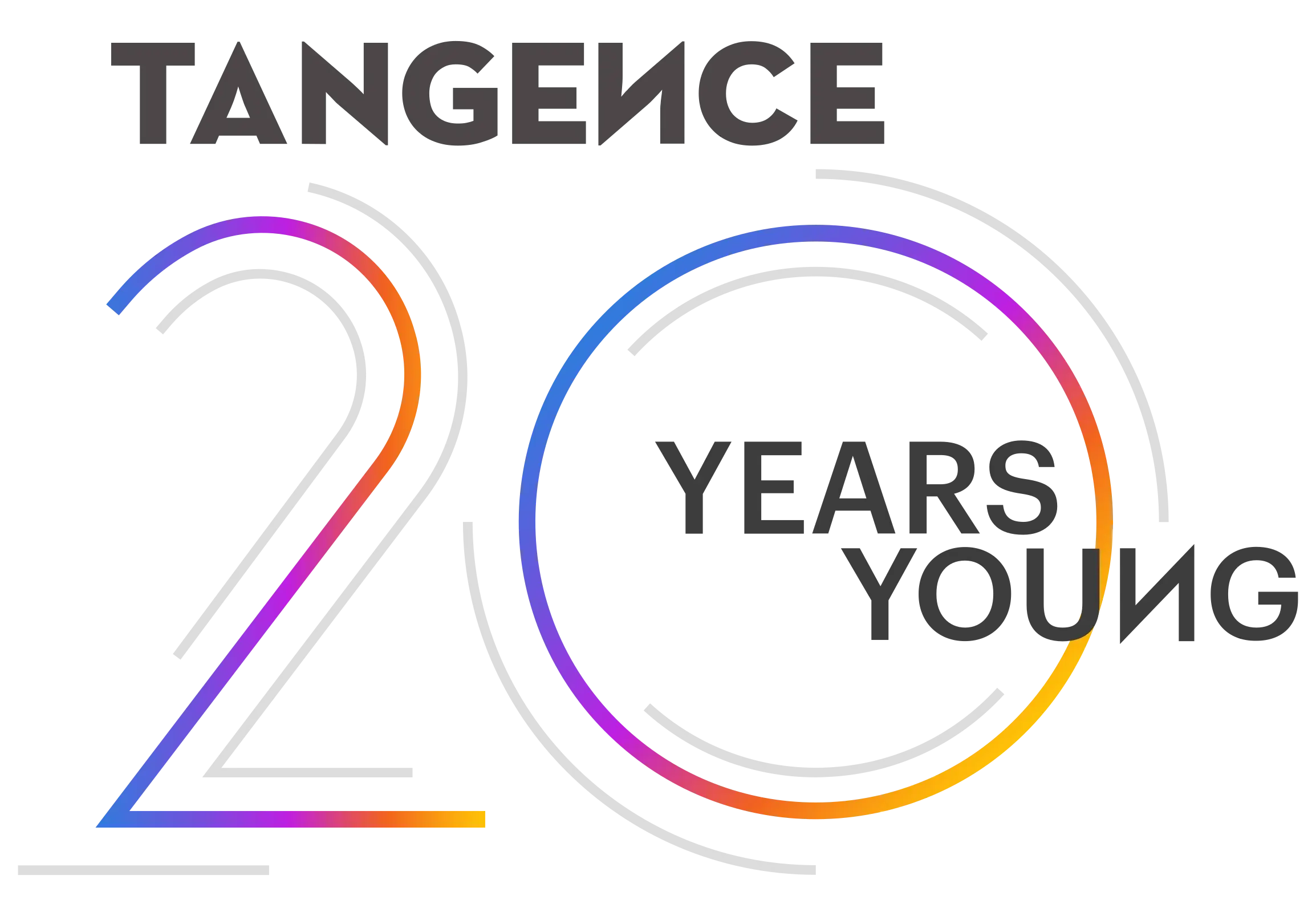blog
The Impact of AI Tools in Digital Marketing: Revolutionizing Strategies for SEO Services, Performance Marketing, and Social Media

In the fast-paced world of digital marketing, staying ahead of the curve is critical. One of the most transformative forces shaping the industry today is Artificial Intelligence (AI). From improving SEO services to enhancing performance marketing and streamlining social media strategies, AI is reshaping how marketers work. In this blog, we’ll explore how AI tools are influencing digital marketing, supported by real-world examples.
- AI and SEO Services: Enhancing Precision and Efficiency
AI tools are revolutionizing SEO services, offering businesses more precise and efficient ways to optimize their online presence. With the help of AI, SEO experts can now analyze search trends, predict user behavior, and tailor content strategies that are more likely to rank higher on search engines.
Key AI Tools in SEO:
- RankBrain: Google’s AI-based search algorithm uses machine learning to better understand search intent. It helps deliver more relevant search results, making it essential for improving SEO services.
- Surfer SEO: This AI tool analyzes top-ranking pages for specific keywords and provides data-driven insights for optimizing content, making on-page SEO more effective.
Example:A digital marketing agency optimized their client’s website using AI-powered SEO tools like SEMrush. By analyzing competitors and understanding user intent, the agency saw a 30% increase in organic traffic within three months.
- AI in Performance Marketing: Driving ROI with Data-Driven Insights
Performance marketing, which focuses on measurable results like clicks, leads, and sales, has also been greatly enhanced by AI. AI tools allow marketers to automate campaigns, optimize ad spend, and deliver personalized ads to the right audience at the right time.
AI-Driven Solutions for Performance Marketing:
- Google Ads Smart Bidding: This AI-powered bidding system automatically adjusts bids based on the likelihood of conversion. It uses machine learning to predict which users are more likely to engage, maximizing return on investment (ROI).
- Adext AI: This tool automates performance marketing campaigns by analyzing user behavior and optimizing ads across multiple platforms.
Example:A B2B company running performance marketing campaigns used Google Ads Smart Bidding. By leveraging AI, they increased their conversion rate by 25%, reducing cost per acquisition (CPA) by 15%.
- Social Media Marketing with AI: Personalization at Scale
Social media marketing has become more dynamic and personalized, thanks to AI tools. From automating posts to creating engaging content, AI makes social media management more efficient and impactful.
How AI is Transforming Social Media Marketing:
- Chatbots: AI-powered chatbots, like ManyChat, engage users in real time, answering questions and guiding them through the buyer journey.
- AI-Based Content Creation: Tools like Lately and BuzzSumo analyze previous content to suggest new ideas and formats that resonate with audiences, helping marketers plan more effective social media strategies.
Example:An e-commerce brand used AI tools like Hootsuite and Lately to schedule and automate social media posts. With the help of AI, they saw a 40% increase in social media engagement in just two months, boosting their overall brand awareness.
- Predictive Analytics in Digital Marketing: Anticipating Customer Needs
AI tools can also predict future trends and customer behavior, allowing marketers to tailor their strategies accordingly. Predictive analytics uses historical data to forecast outcomes, helping businesses stay ahead of competitors.
AI Tools for Predictive Analytics:
- HubSpot: This AI-powered CRM tool offers predictive lead scoring, which helps marketers identify which leads are most likely to convert.
- Leadspace: This tool uses AI to analyze customer data and predict which prospects are most likely to engage, making lead nurturing more effective.
Example:A SaaS company utilized AI-driven predictive analytics through HubSpot to streamline their marketing efforts. As a result, they were able to focus on high-quality leads, leading to a 20% improvement in lead conversion rates.
- AI in Content Marketing: Crafting More Engaging and SEO-Friendly Content
Content creation has always been at the heart of digital marketing. Now, AI tools are making it easier to generate content that not only engages but also ranks well in search engines.
AI Tools for Content Marketing:
- Jasper (formerly Jarvis): This AI writing assistant helps marketers generate blog posts, social media updates, and email content that are optimized for SEO.
- MarketMuse: This tool provides content briefs based on keyword analysis, helping to create more in-depth and SEO-friendly content.
Example:A digital marketing firm used MarketMuse to optimize their blog content for better SEO performance. By aligning with AI-driven recommendations, they improved their search rankings and increased organic traffic by 50%.
Conclusion: AI – The Future of Digital Marketing
Artificial Intelligence is transforming the digital marketing landscape, making processes more efficient and data-driven. Whether it’s SEO services, performance marketing, or social media strategies, AI tools offer businesses a competitive edge by providing actionable insights and automating repetitive tasks. Companies that embrace AI will not only stay ahead of the competition but also deliver more personalized and impactful marketing campaigns.
As AI continues to evolve, the opportunities for digital marketers will only grow. Now is the time for businesses to explore these tools and integrate AI into their marketing strategies.




